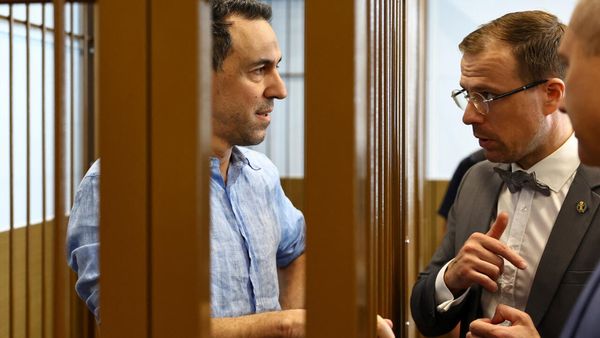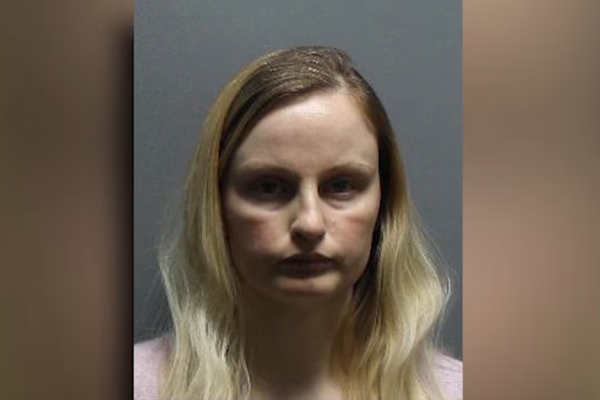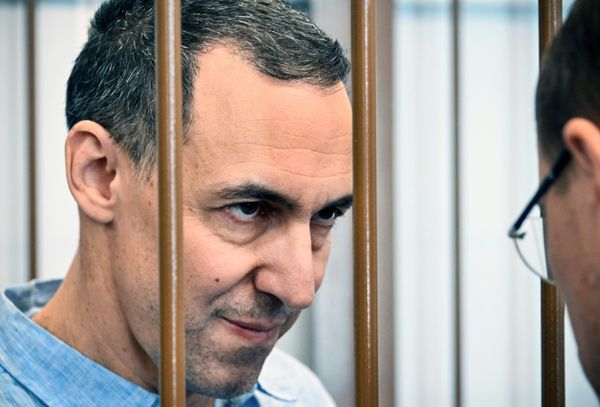The World Health Organization (WHO) on April 25 said that contaminated cough syrup made by an Indian company had been found in the Marshall Islands and Micronesia. The global health body said in its medical product alert that a batch of substandard (contaminated) ‘Guaifenesin Syrup TG Syrup’ had been identified in the Marshall Islands and Federated States of Micronesia, and reported to the WHO on April 6, 2023.
Guaifenesin is an expectorant used to relieve chest congestion and symptoms of cough. “Samples of the Guaifenesin Syrup TG Syrup from the Marshall Islands were analysed by quality control laboratories of the Therapeutic Goods Administration (TGA) of Australia. The analysis found that the product contained unacceptable amounts of diethylene glycol and ethylene glycol as contaminants,’’ the WHO’s statement said.
Also read: WHO calls for action to protect children from contaminated medicines after cough syrups deaths
It added that the stated manufacturer of the affected product is QP Pharmachem Limited of Punjab, India. The stated marketer of the product is Trillium Pharma of Haryana, India. To date, neither the stated manufacturer nor the marketer had provided guarantees to the WHO on the safety and quality of these products.
The WHO said that the product referenced in the alert may have marketing authorisations in other countries in the Western Pacific region. It may have also been distributed through informal markets to other countries or regions. The WHO has previously published three alerts on other contaminated liquid dosage medicines.
Diethylene glycol and ethylene glycol are toxic to humans when consumed, and can prove fatal.
The substandard product referenced in this alert is unsafe and its use, especially in children, may result in serious injury or death. Toxic effects can include abdominal pain, vomiting, diarrhoea, inability to pass urine, headache, altered mental state, and acute kidney injury that may lead to death.
“If you have the affected product, WHO recommends that you do not use it. If you, or someone you know, has or may have used the affected product, or suffered an adverse reaction or unexpected side-effect after use, you are advised to seek immediate medical advice from a healthcare professional,’’ it said.
The WHO has also sought increased surveillance and diligence within the supply chains of countries and regions likely to be affected by these products.
“Increased surveillance of the informal/unregulated market is also advised. National regulatory authorities/health authorities are advised to immediately notify WHO if these substandard products are discovered in their respective country,’’ it said.
Manufacturers of liquid dosage forms, especially syrups that contain excipients, including propylene glycol, sorbitol, and/or glycerin/glycerol, are urged to test for the presence of contaminants such as ethylene glycol and diethylene glycol before use in medicines, the statement cautioned.
The WHO has also advised that healthcare professionals should report any suspicious cases of adverse events linked to the use of these contaminated medicines to the National Regulatory Authorities/ National Pharmacovigilance Centre.
In 2022, the WHO linked Indian-made cough syrup to acute kidney failure, leading to the deaths of nearly 70 children in West Africa.







